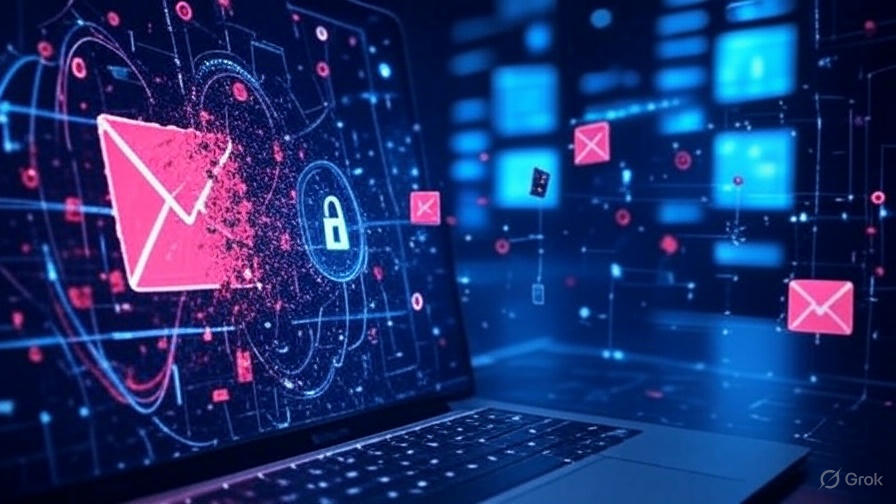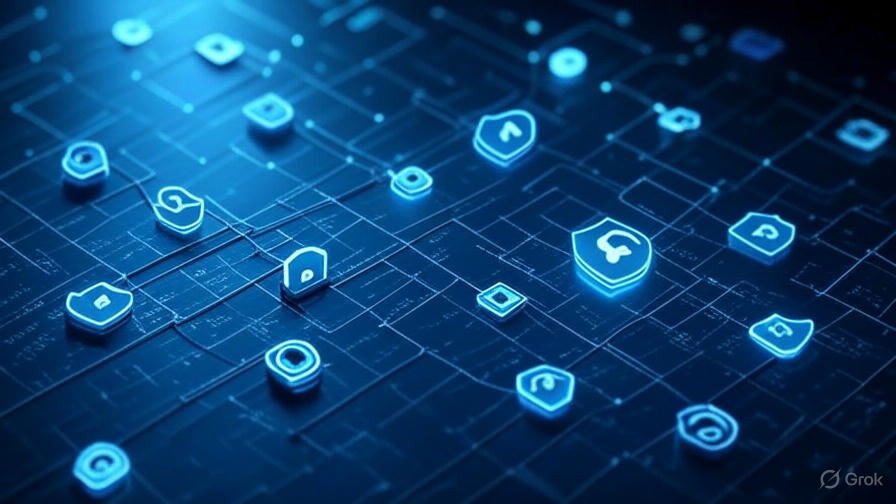Has Your Email Been Compromised?

Find Out in 3 Minutes (No Hassle)
Imagine that your email — the one you use for everything: signing up for online stores, social networks, even your bank — ends up on a leaked list after a company breach. What does that mean? What should you do? The good news is you can check it yourself in just a few minutes and regain control.
What Is a Data Breach?
A breach happens when someone gains unauthorized access to a company’s data. Often, that data ends up online (or on the dark web).
Think of it like burglars breaking into a company’s office. Instead of stealing computers, they photograph the filing cabinet with all the customer records. Those copied records (your email, phone number, etc.) are what then circulate online.
👉 Your email, password, phone number, or address might be among them.
How to Know if Your Email Was Leaked: Step-by-Step
You can use public, secure tools to check. Here’s how to use ours in a simple way:
- Visit our verification tool.
- Enter your email address into the input field on the screen.
- Click the “Check Now” button.
And that’s it! The tool will instantly tell you if your email was found in any known breach. It’s 100% safe and anonymous — it won’t ask for your password or account access.
What If Your Email Appears in a Breach?
Don’t panic. It’s more common than you think. What matters is acting calmly and following these steps:
- Change the password for that service.
Why? Because cybercriminals will try that same password on popular sites like Amazon, Google, or Facebook, hoping you reused it. - Enable two-factor authentication (2FA).
Why? It adds an extra layer of security. It’s like adding a second lock to your digital door. Even if they have your password, they can’t get in without a code that only you receive on your phone. - Use a unique password for every service.
Why? Best practice is to use a unique, strong password for every service. Consider using a password manager to help you create and securely store them.
Your Security Starts Today
Checking your email is a great first step, but breaches happen constantly. Digital security isn’t a destination — it’s a habit.
🛡️ Protect Your Digital Security
Free tools related to "Has Your Email Been Compromised?"
Secure Password Generator
Create unhackable passwords instantly
Email Breach Checker
Find out if your email was compromised in any data breach
